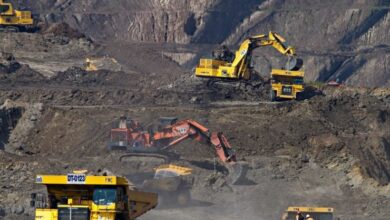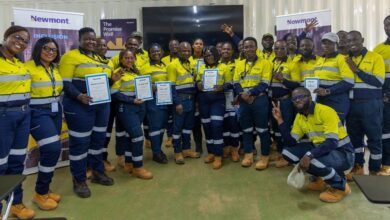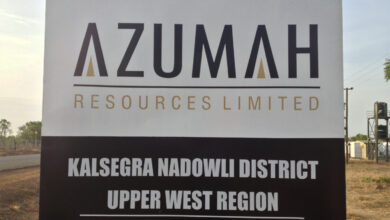Tragic Helicopter Crash Rekindles Calls for State of Emergency on Illegal Mining
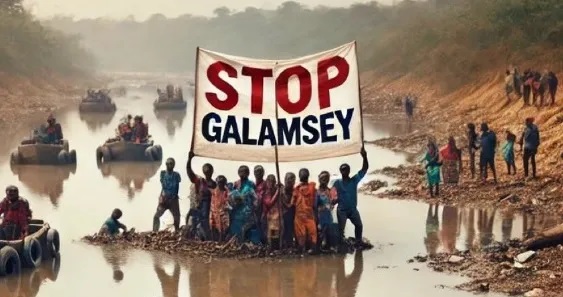
Ghana is grappling with fresh grief and renewed outrage over the menace of illegal mining (“galamsey”) following the death of eight prominent Ghanaians in a military helicopter crash on August 6, 2025, in the Ashanti Region. Among the dead were Defence Minister Dr. Edward Kofi Omane Boamah and Environment, Science, and Technology Minister Dr. Ibrahim Murtala Muhammed.
Authorities confirmed that the ill-fated Ghana Air Force helicopter was transporting the ministers and other officials to the launch of a new Community Mining Scheme, an initiative designed to provide regulated, environmentally responsible alternatives to illegal mining.
The crash has now sharpened focus on the deep human and environmental costs of the galamsey crisis.

From tragedy to national reckoning
Industry experts and advocacy groups say the disaster is not just an aviation tragedy but a stark reminder that the fight against illegal mining has reached a tipping point.
In an emotional statement, Ing. Ken Ashigbey, Chief Executive Officer of the Ghana Chamber of Mines, renewed calls for the government to declare a state of emergency to combat illegal mining. “The lives lost in this tragic incident should serve as a clarion call. We cannot continue to lose our leaders, our environment, and our communities to the scourge of illegal mining,” he said.
Ashigbey stressed that the officials who perished were on their way to advance a safer, more sustainable mining model and that their mission must not die with them.
A problem that won’t go away
Illegal mining has long been a thorn in Ghana’s development ambitions, destroying water bodies, degrading farmlands, and fueling community tensions. Despite numerous task forces and military interventions, the activity persists, often outpacing enforcement efforts due to political interference, inadequate resourcing, and entrenched economic interests.
Environmental activists argue that the absence of a coordinated, whole-of-government approach has allowed illegal miners to adapt quickly, undermining gains from sporadic clampdowns. “This is not just an environmental issue; it’s a national security and public health crisis,” said environmental advocate and lawyer, Mrs. Linda Ofori-Kwafo.
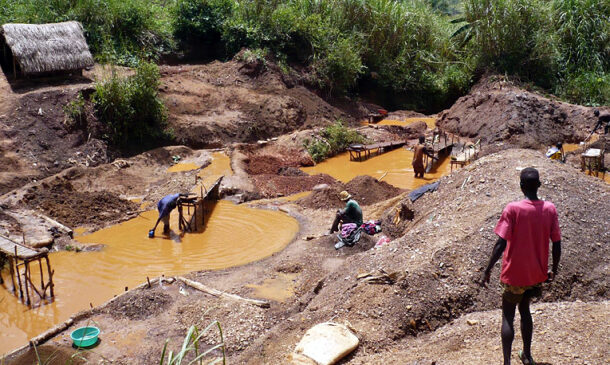
Communities caught in the middle
For communities in mining areas, the stakes are high. Unregulated mining pollutes rivers that supply drinking water, forces farmers off arable land, and leaves behind dangerous pits that claim lives. The proposed Community Mining Scheme which the late ministers were set to promote seeks to provide locals with legitimate livelihoods while enforcing environmental safeguards.
“Without swift and decisive action, we risk losing entire communities to environmental collapse,” warned the Ghana Environmental Advocacy Group, which has also backed the call for a state of emergency.
Time for decisive leadership
Policy experts say declaring a state of emergency on illegal mining would empower the government to deploy more resources, strengthen enforcement, and fast-track legislation to shut down illegal operations. It would also send a strong political signal that protecting the environment and safeguarding future generations takes precedence over short-term gains.
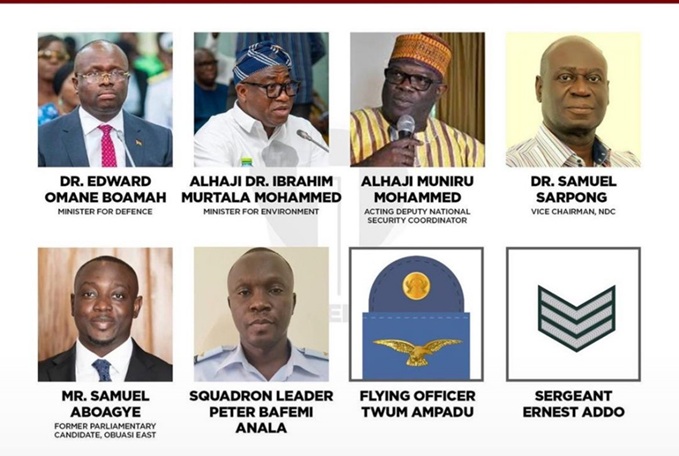
“This tragedy has brought home the reality that the illegal mining fight is not abstract — it’s about people’s lives, the survival of our water sources, and the future of our nation,” Ashigbey said.
As the nation mourns its fallen leaders, the pressure is mounting on the government to ensure that their mission to reform Ghana’s mining sector does not end at the crash site.

